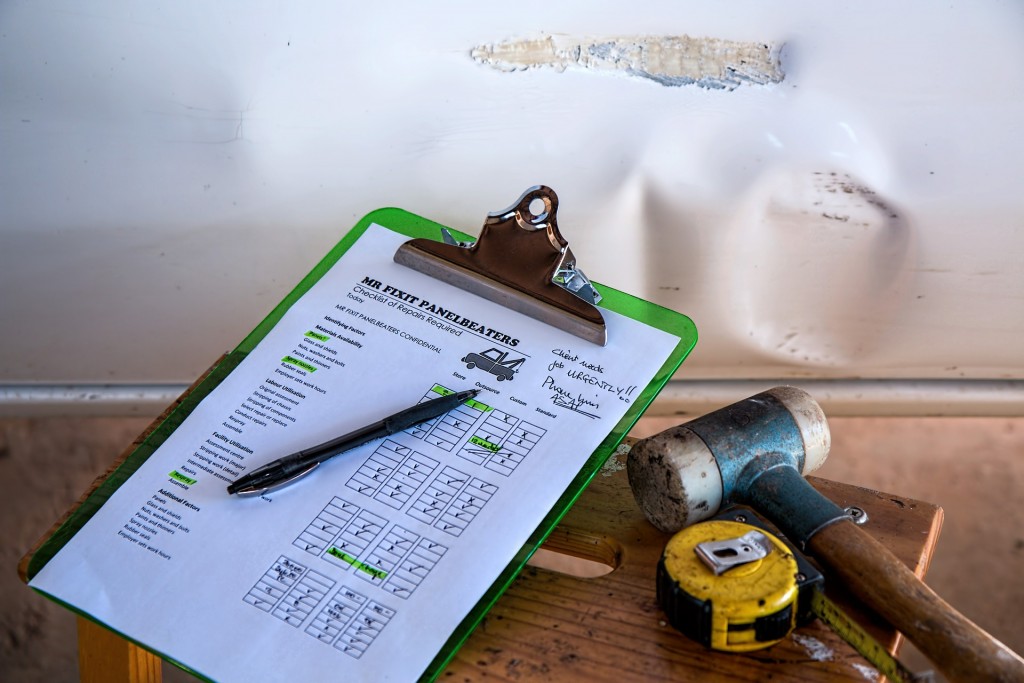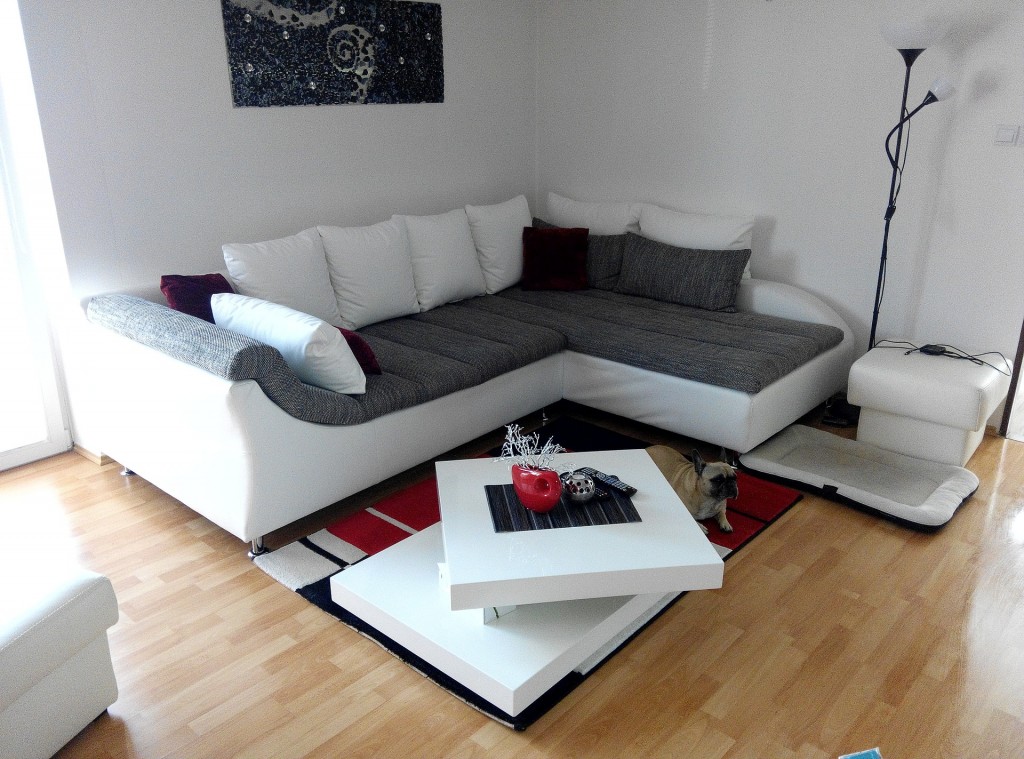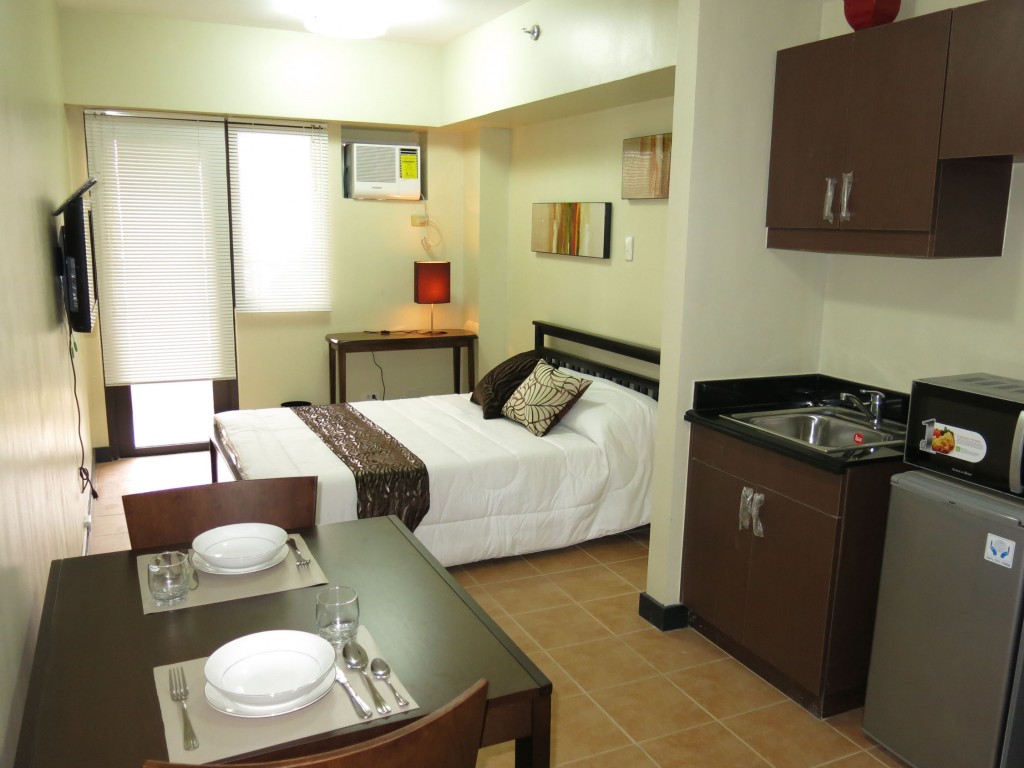Are you a small family or a group of friends who want a place of your own? Does the thought of moving a couch up a flight of stairs scare you? A furnished condo for rent is what you are looking for.
It is generally easier to just move into a condo, or a furnished condo for rent, to be more specific. It is practically ready and just waiting for its next resident. This convenience is essentially why the number of “generation rent” are set to swell over the next decade. A report by PwC suggests that by 2025 more than half of people under 40 will be living in properties owned by a private landlord.
The high costs of buying a home remains the top turn off. Stress generators such as construction, taxes and other relevant fees, insurance, maintenance, and turnover woes are also factors why a majority would rather rent than purchase property. But while purchasing a home may be a little bit more complicated, an apartment or condo rental is also not without responsibilities of its own.
To those who are actively hunting a condo for rent or looking forward to a stress-free life in a condo, here are the things to consider when renting a furnished 2-bedroom condo.
Set a Budget and Stick to It

Photo courtesy of Olichel via Pixabay
The common rule in looking for a home to rent is that the cost should not exceed 30% of your monthly income. Do some simple math now and focus your search on a two-bedroom condo for rent that you can actually afford. Remember that rates for fully furnished condos are typically higher than bare ones so prepare for a higher monthly rate and security deposit. You may find yourself compromising on some features like a parking space, but make sure it can be offset by other expenses.
Deal with Fewer Choices
Furnished condos are simply not as widely available as unfurnished ones. You have to expand your search and give yourself more time before you can find “the one.” Since you have a desired location and price range, this could indeed be a challenge, but if you are up to the task, you’ll most definitely find one. DMCI Homes Leasing offers a wide range of two-bedroom condos for rent in most of its communities such as in Manila.
Furnished Means Higher Liabilities
There is a reason why furnished condos for rent require a higher security deposit. Simply put, it’s because there’s more to secure. In a bare unit, if you busted a hole in the wall or your kid turned the wall into his own canvas, then you have to pay for corresponding damages. But in a furnished unit, you have the furniture and appliances to consider. Did you scratch the dining table? Is the air-conditioning emitting weird sounds? Did you tear the leather sofa? Among the condo renting tips you need to consciously follow is to leave everything the way you found them.
Inspect with Patience

Photo courtesy of stevepb via Pixabay
Unfurnished spaces are typically easier to inspect. It is easier to check the walls for cracks and floors for damaged tiles. In a furnished condo, you might have to move several pieces of furniture just to make sure the unit is in top shape. Don’t let looks deceive you and search for the “hidden” features. Inspect pipes and faucets for leaks, check windows if they open and close properly, make sure all electrical outlets are okay, and check if the noise from the neighboring unit goes through your walls. Noise is very crucial in high traffic areas such as condos.
Make Sure Everything is Working
You are paying for everything and anything you see in the condo. Make sure everything is working. Test the lights, check the refrigerator and freezer, sit on the couch, and turn on the TV, etc. In a furnished unit, you are basically paying for the use of appliances and pieces of furniture so make sure everything is in good condition.
Discuss Changes with the Landlord
So you don’t like how leather sofa feels on your skin? You can buy a new one but you have to discuss it with your landlord. For furnished condos for rent, you have to live with the fact that you have no control over the general look of the place. You can hang some wall décor or lay a carpet on the floor, but that’s the extent of your contribution to the look of the unit.
Snap a Picture

Photo courtesy of Romi via Pixabay
Take pictures of the place before you move in. This will resolve issues faster should the landlord ask you about damages in the unit. If you will be moving appliances and the landlord specifically asked you to leave as you came, you’ll know where to put back everything.
Bring Only What is Necessary
Moving into a furnished condo means that the major appliances and bulky furniture are already there. That means you should only bring in what you need such as clothes, kitchenware, décor, and additional storage boxes for shoes, bags, books, among others. This is especially good news for people who move constantly. Since you don’t own most of the big items in the unit, it will be easier for you to move to another place, even on a short notice.
Score Some Furniture Savings

Photo courtesy of baumadex via Pixabay
Take advantage of the fact that you already have furniture and appliances in the unit. Think about the savings you scored. So make sure you have all the appliances you need such as a refrigerator, TV, air-con, and water heater. When you search for a furnished unit, list down all the appliances and furniture that fit your lifestyle so you don’t have to buy new ones.
Book Only When You Need It
If you are a family on vacation or a group of students reviewing for board exams, booking a fully furnished condo on a short-term basis would be beneficial. Condos are practical alternatives to hotels because they don’t cost as much but offer hotel-like conveniences. However, think carefully if you really need one to avoid unnecessary expenses.
Bargain for a Shorter Lease
Furnished condos usually allow short-term occupants and accommodate tenants on a daily, weekly, or monthly basis. So if you feel that one year, the common landlord-tenant agreement, is just too long, a furnished space is the way to go. You can bargain for a shorter lease.
Read Before You Sign
The number one rule for condo rental is to read the contract before you sign. Make sure everything is in black and white. Learn what your security deposits cover, reasons for termination, penalties, responsibility for repairs, and ask about renter’s insurance. Ask about the landlord’s policy on guests. Inquire if subletting is allowed so that if you have an extra room, you can choose to find a housemate.
Renting a home, furnished or not, has corresponding pros and cons. You have to assess your lifestyle, your expectations, and what you want in a home so that you know what to look for. Furnished units are little bit more pricey but they do come with conveniences that you are likely to find comfort in.









